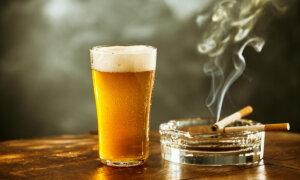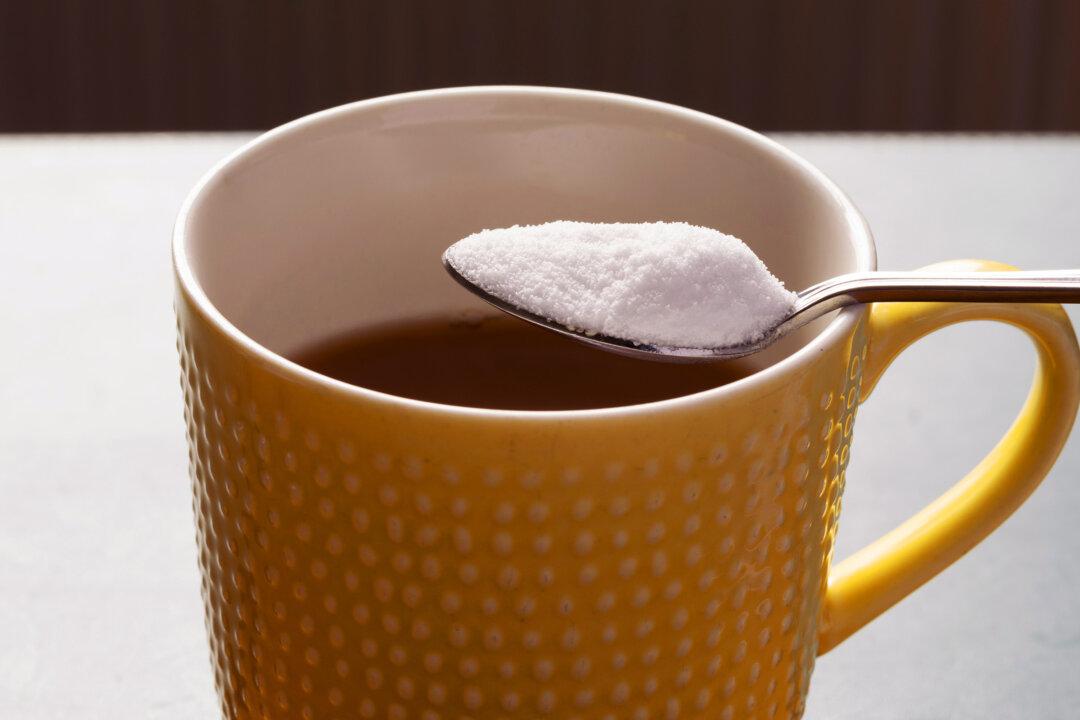Quitting alcohol might be good for your liver and mental health. Still, a surprising new study from Japan suggests that it could temporarily throw your cholesterol levels in the wrong direction—raising the “bad” kind while lowering the “good.”
Alcohol’s Effect on Blood Fats
The decade-long research, published in JAMA Network Open, tracked nearly 58,000 participants and found that the more alcohol that someone drank before quitting, the more significant the cholesterol shifts became.Alcohol initiation was associated with decreased LDL cholesterol levels and increased HDL cholesterol levels, the study authors wrote. Conversely, alcohol cessation showed an opposite effect, leading to increased LDL cholesterol and decreased HDL cholesterol. Simply put, starting alcohol use may improve cholesterol, while stopping may worsen it.
For example, those who stopped drinking three or more alcoholic beverages per day saw an increase in LDL levels of about 6.5 milligrams per deciliter (mg/dL) and a decrease in HDL levels of about 5.65 mg/dL.
“The effect of this increase is small,” Dr. Guy L. Mintz, director of cardiovascular health and lipidology at Sandra Atlas Bass Heart Hospital at North Shore University Hospital, told The Epoch Times.
“And it would depend on what the baseline LDL is. I find the study findings interesting, but it will not change my practice,“ he added, noting that he is ”not concerned“ about the ”modest” changes.
“I would never encourage patients to drink alcohol to lower LDL cholesterol and increase HDL cholesterol.”
The pattern was especially pronounced at different levels of consumption.
The more someone drank before quitting, the greater the negative effect on that person’s cholesterol levels. For example, those who stopped drinking three or more drinks per day saw a much larger increase in “bad” cholesterol (6.53 mg/dL) than those who stopped drinking less than 1.5 drinks per day (1.10 mg/dL).
The study relied on participants’ self-reporting of how much they drank, which isn’t always reliable, and the study didn’t account for what they ate, which also affects blood fats.
The exact biological processes by which alcohol changes cholesterol levels are still unclear, according to the study authors. HDL cholesterol carries excess cholesterol to the liver for removal, helping lower LDL levels. When HDL decreases, less cholesterol gets cleared, which can lead to higher LDL levels.
Alcohol Is More Harmful Than Helpful
Alcohol has more deleterious effects than beneficial effects, according to Mintz. It can cause hypertension as well as arrhythmias, irregular heartbeats such as atrial fibrillation, and “holiday heart syndrome,” a type of arrhythmia linked to sudden and heavy alcohol consumption.“Chronic alcohol consumption can lead to weakening of the heart muscle,” he said. Alcohol, at high doses, and its metabolic byproducts, such as acetaldehyde, are directly toxic to heart muscle cells.
Drinking too much contributes to weight gain, particularly abdominal fat, which increases the risk of insulin resistance and pre-diabetes, Mintz said.
Additionally, alcohol can damage various organs, notably the liver.
The authors of the study recommend that decisions regarding alcohol intake should be personalized, taking individual health risks into account.
They stressed the importance of moderation, stating, “Public health recommendations should continue to emphasize moderation in alcohol consumption, but cholesterol levels should be carefully monitored after alcohol cessation to mitigate potential [cardiovascular disease] risks.”







